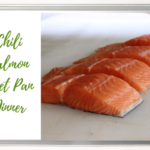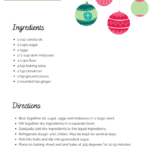Flexitarian eating style helps you reap the benefits of eating a plant-based diet, while still enjoying animal products in moderation.
Vegetarians eliminate red meat, poultry, and fish, and vegans avoid all animal products including meat, fish, eggs, and dairy. A Flexitarian, however, does not follow strict rules or guidelines. Flexitarian Eating is a term coined in 2009 by registered dietitian nutritionist, Dawn Jackson Blanter, in her book Flexitarian Diet.
 Flexitarians follow a lifestyle based on these principles:
Flexitarians follow a lifestyle based on these principles:
- Eat mostly plants. The base of the flexitarians meals consists mostly of vegetables, fruits, and whole grains.
- Choose protein primarily from plant sources such as beans, legumes, nuts, and seeds.
- Keep a flexible approach to consuming meat and animal products. You choose if and when you you eat meat or other foods. You are eating more plant-based foods while still giving yourself permission to eat the occasional hamburger.
- Consume more foods in their natural state (think potatoes and not potato chips).
- Limit intake of added sugars and sweets.
Here are some Benefits of a Flexitarian lifestyle:
- Reduces the risk of chronic diseases such as heart disease, diabetes, and cancers. While technically there’s no published research on the benefits of flexitarian eating, there is extensive research supporting the health benefits of eating vegetarian. Ultimately, getting more nutrients from plant foods will lead to a healthy heart, balanced blood sugar, and lowers the risk of cancer.
- Promotes a healthy weight because flexitarians’ foods provide a lot of nutrients for the amount of calories.
- Supports a healthy digestive system from the high fiber content of plant-based foods.
- Flexibility, meaning there are no hardcore rules or restrictions giving you the freedom to choose.






Leave a Reply